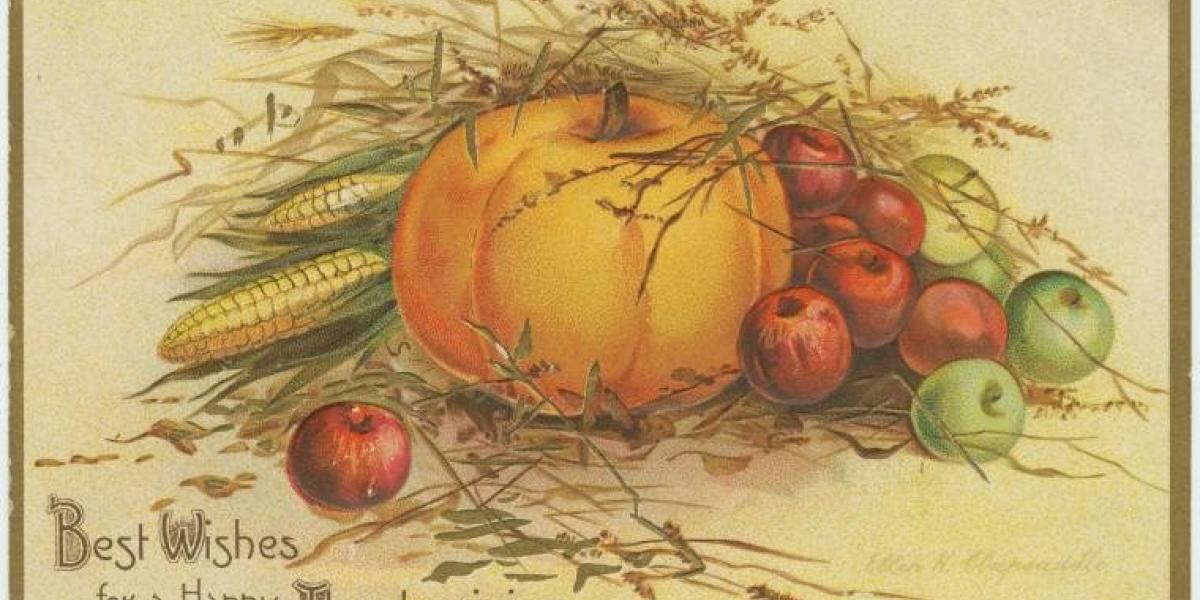Submitted by Alusiv on
For Decades, Southern States Considered Thanksgiving an Act of Northern Aggression
By Ariel Knoebel | November 22, 2018
THE NIGHT BEFORE THANKSGIVING, I routinely find myself bent over the hot oven, gently shaking the racks to check for the jiggle of just-set custard in my pumpkin pie. My family doesn’t even like pumpkin pie that much; they prefer a latticed caramel-apple pie or an autumnal cheesecake. Still, I bake the definitive Thanksgiving dessert every year.
Each time I serve pumpkin pie, I get to share a little known slice of American history. Although meant to unify people, the 19th-century campaign to make Thanksgiving a permanent holiday was seen by prominent Southerners as a culture war. They considered it a Northern holiday intended to force New England values on the rest of the country. To them, pumpkin pie, a Yankee food, was a deviously sweet symbol of anti-slavery sentiment.
The first account of American Thanksgiving is a letter written about the Pilgrim’s meal in 1621. The holiday evolved from a traditional harvest supper to a Puritan day of gratitude to God in colonial New England. Throughout the 18th and 19th centuries, it further changed into a more secular celebration as the feasting portion overtook prayer. Northern governors often declared state-wide thanksgiving days. They were usually in late November or early December, but there was no unified national holiday.




